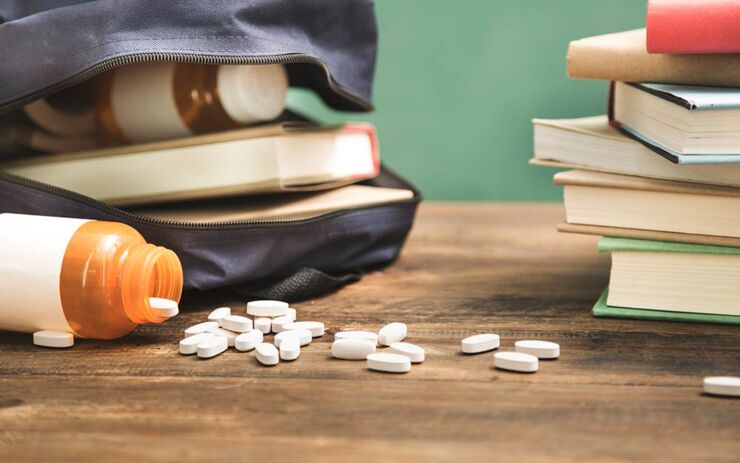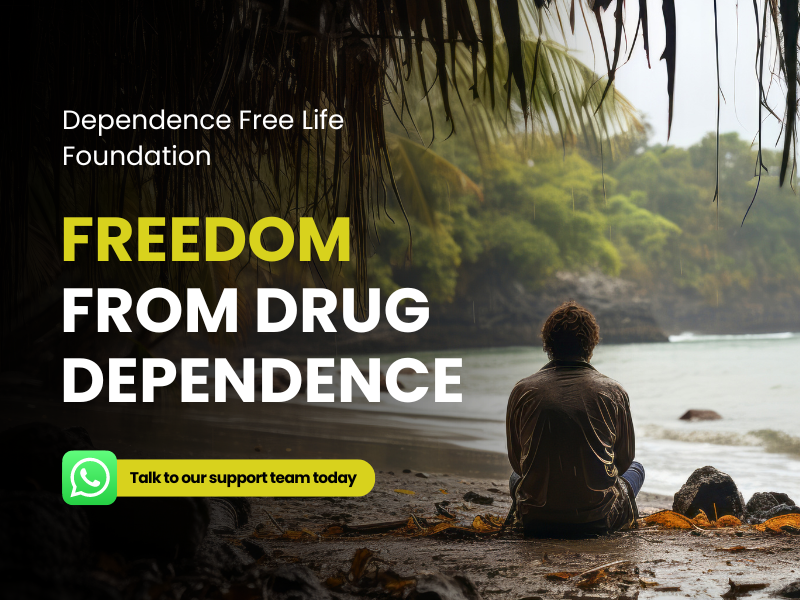How to better understand kids

Top 8 Reasons why Teens Try Smoking, Alcohol and Drugs
Teens may experiment with smoking, alcohol, and drugs for various reasons. Here are the top 8 reasons:
- Peer Pressure — Teens often feel a strong need to fit in with their peers. If their friends are experimenting with substances, they may feel pressured to do the same to avoid being excluded or ridiculed.
- Curiosity — Adolescence is a time of exploration. Teens are naturally curious about new experiences, including trying substances like cigarettes, alcohol, and drugs. They may want to see what it feels like or why others engage in these behaviors.
- Desire for Independence — Teenagers are at a stage where they seek autonomy and independence. Using substances can be a way for them to rebel against authority figures like parents or teachers, or to assert their independence and make their own choices.
- Stress and Emotional Struggles — Many teens face stress from school, family, relationships, or personal insecurities. They might turn to smoking, alcohol, or drugs as a coping mechanism to escape or numb their emotions.
- Media and Social Influence — Popular culture, including movies, music, and social media, often glamorizes the use of substances. Teens may try smoking, drinking, or drugs because they see their favorite celebrities or influencers engaging in these behaviors, making it seem trendy or acceptable.
- Boredom — Some teens experiment with substances simply out of boredom. They may not have access to engaging activities or hobbies and turn to drugs, alcohol, or smoking as a way to pass the time or seek excitement.
- Family Influence — Teens who grow up in households where substance use is common or where there is a lax attitude toward smoking, drinking, or drug use are more likely to experiment themselves. They may see it as normal or acceptable behavior.
- Low Self-Esteem or Insecurity — Teens who struggle with low self-esteem or feelings of inadequacy might use substances as a way to feel more confident or accepted. Alcohol or drugs can temporarily lower inhibitions and provide a sense of false confidence.
- Other People — teenagers see lots of people using various substances. They see their parents and other adults drinking alcohol, smoking, and, sometimes, abusing other illegal substances. Also, the teen social scene often revolves around drinking and smoking. Sometimes friends urge one another to try a drink or smoke something, but it's just as common for teens to start using a substance because it's readily available and they see all their friends enjoying it. In their minds, they see drug use as a part of the normal teenage experience.
- Popular Media — Children are easily influenced by popular media such as cinema, television, advertisements, internet etc. at times project smoking, drinking and taking drugs as a cool thing to do.
- Escape from Reality — When teens are unhappy and can't find a healthy outlet for their frustration or a trusted confidant, they may turn to substance abuse for solace. Depending on what substance they're using, they may feel blissfully oblivious, wonderfully happy, or energized and confident. The often rough teenage years can take an emotional toll on children, sometimes even causing depression, so when teens are given a chance to take something to make them feel better, many can’t resist.
- Boredom — Teens who can't tolerate being alone, have trouble keeping themselves occupied, or crave excitement are prime candidates for substance abuse. Not only do alcohol and drugs give them something to do, but those substances help fill the internal void they feel. Further, they provide a common ground for interacting with like-minded teens, a way to instantly bond with a group of kids. Many young adults living alone and away from home, turn to chain smoking, heavy drinking and also substance abuse, to overcome the loneliness.
- Rebellion — Different rebellious kids choose different substances to use based on their personalities.
- Alcohol is the drug of choice for the angry teenager because it frees him to behave aggressively.
- Methamphetamine, or meth, also encourage aggressive, violent behavior, and can be far more dangerous and potent than alcohol.
- Marijuana, on the other hand, often seems to reduce aggression and is more of an avoidance drug.
- LSD and hallucinogens are also escape drugs, often used by young people who feel misunderstood and may long to escape to a more idealistic, kind world.
- Smoking cigarettes can be a form of rebellion to flaunt their independence and make their parents angry.

Understanding these underlying motivations can help parents, educators, and caregivers create targeted interventions to prevent teens from falling into substance abuse.





